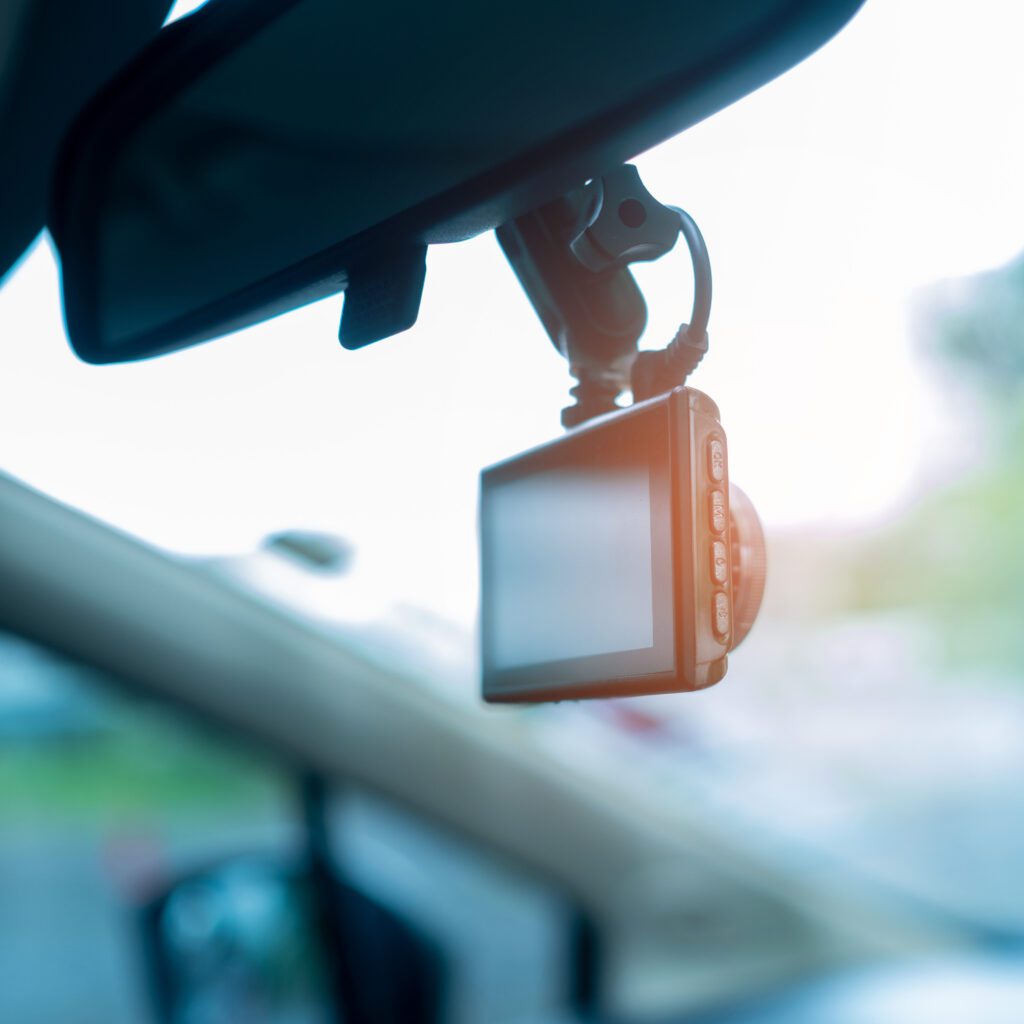What are Colorado’s Dash Cam Laws?

As roadways become increasingly crowded, many drivers use dash cams as silent witnesses to their daily journeys. These unobtrusive devices, mounted on windshields or dashboards, have become invaluable tools for recording crucial evidence in the event of accidents or other unexpected road incidents. However, before you hit the road with a dash cam in your vehicle, it’s vital to understand the intricate web of laws and regulations that govern their use.
If you’re planning to incorporate a dash cam into your daily drive in Colorado, it’s also essential to have a trusted legal partner on your side in case an accident occurs. Mintz Law Firm provides expert guidance and representation, ensuring you are fully prepared for the personal injury claim process. Our team of experienced Colorado car accident attorneys has a deep understanding of Colorado’s laws and regulations, and we are ready to assist you in navigating the complexities of dash cam usage and, more importantly, the aftermath of accidents.
Navigating Dash Cam Laws in Colorado: What You Need to Know
Many motorists choose to equip their vehicles with dash cams to help protect themselves. These dash cams serve a crucial purpose – to capture vital evidence in the event of a collision, ensuring that insurance companies can accurately establish the liable party. However, the installation and use of these seemingly innocuous devices are not without their own set of rules and regulations, varying from state to state.
Colorado law does not explicitly prohibit the use of dash cams. However, vehicle and traffic regulations do prohibit the use of materials that obstruct the driver’s view or create glare, hindering their visibility. Therefore, should a dashcam have reflective casings or be positioned in a manner that obstructs the driver’s view, it could potentially violate Colorado’s legal standards. Understanding local jurisdiction is essential as well.
For example, Denver Ordinance 54-124 mandates that the driver’s vision through the windshield and all windows needs to be “normal and unobstructed.” Thus, a dash cam placement that blocks the driver’s view could lead to legal implications. It’s also crucial to remain vigilant when crossing state lines, as different regions may have their own regulations.
The Benefits of Dash Cams
When using dash cam footage as evidence following an accident, these unobtrusive devices become invaluable. Even in seemingly straightforward cases, there can be discrepancies in accounts. Dash cam footage can provide an irrefutable account of the events leading up to and during an accident. It is an unbiased witness, capturing the actions of other motorists, possible hazards, and road conditions.
This footage can serve as a crucial asset in insurance claims and legal proceedings, offering a level of detail that eyewitness accounts may lack. When drivers involved in an accident leave the scene without providing information, dash cam footage can be the key to identifying hit-and-run culprits. It is a compelling source of information, challenging to dispute, and can greatly support your case in court or when negotiating with insurance companies.
Contact Our Experienced Car Accident Lawyers at Mintz Law Firm
Dash cams provide an unfiltered lens into the aftermath of an accident. While dash cams have many benefits, it’s important to work with an attorney to ensure those benefits are used appropriately during a claim investigation. This is where our experienced Colorado car accident lawyer at Mintz Law Firm comes into play.
At Mintz Law Firm, we recognize the importance of staying informed and legally protected in every aspect of your life, especially when it comes to your safety on the road. We specialize in personal injury cases, including those related to automobile accidents, and we are committed to providing the expert advice and support you need. Contact Mintz Law Firm today and let us be your trusted legal partner, ensuring your rights are upheld and your best interests are protected. Schedule a consultation today with a car accident attorney by calling (303) 462-2999 or completing our online contact form.
